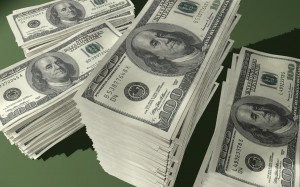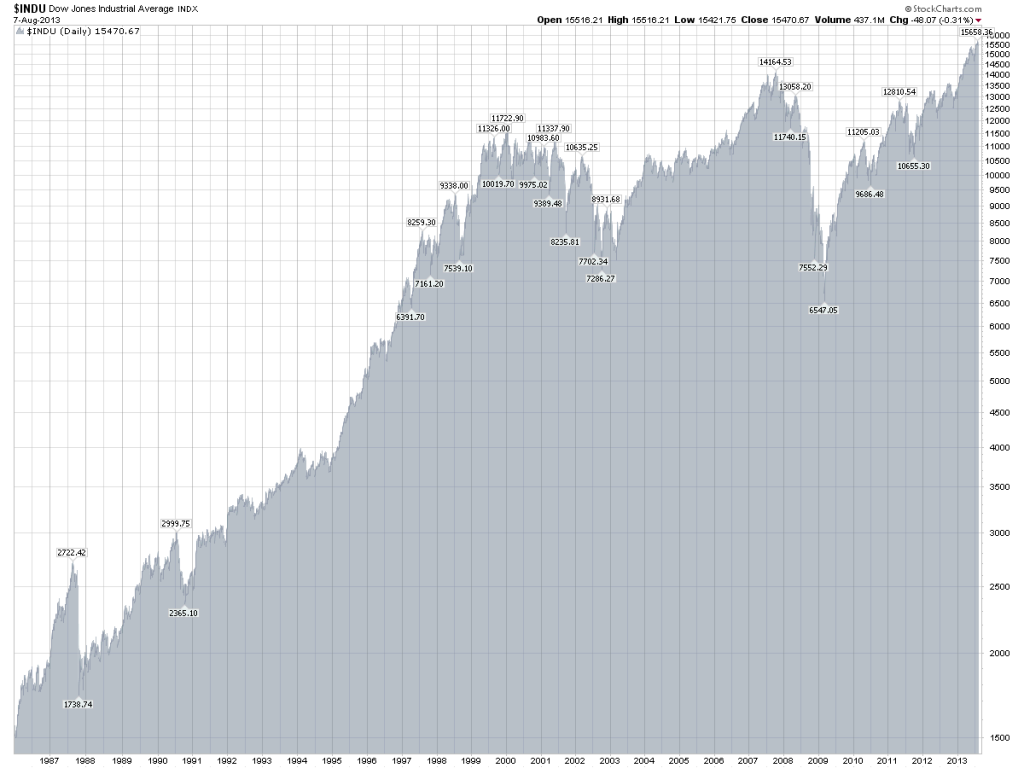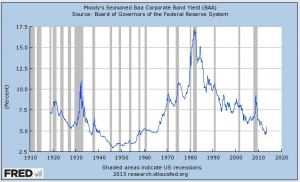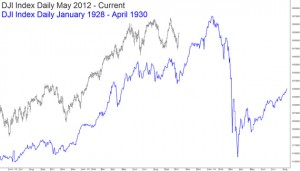Bloomberg Writes: Greenspan Says Stocks Are ‘Relatively Low’ and Headed Upward
Former Federal Reserve Chairman Alan Greenspan said the stock market has room to rise from record levels.
“In a sense, we are actually at relatively low stock prices,” Greenspan, who guided the central bank for more than 18 years, said in an interview with Sara Eisen on Bloomberg Television today. “So-called equity premiums are still at a very high level, and that means that the momentum of the market is still ultimately up.”
Greenspan said the stock market is “just barely above 2007” and the average annual increase in stock prices “throughout the postwar period” is 7 percent, which leaves room for a rise.
Read The Rest Of The Article Here
I am not sure why anyone even listens to this guy anymore. Greenspan only has one gear. To lower the interest rates and to flood the market with cheap credit. Let’s take a look at just some of his accomplishments.
- 1998 Asian Bubble/Crisis
- 2000 Tech/Stock Bubble and Crash
- 2006 Real Estate Bubble/Collapse
- 2007 Financial Collapse
- Current Developments
Do I blame Greenspan for all of that? Absolutely. That’s what happens when you flood the market with cheap credit. You start a perpetual cycle of bubbles and crashes. The money has to flow somewhere and when it does, it creates a bubble. That bubble eventually pops and wrecks havoc on the entire economy. That leads Greenspan or Bernanke to flood the market with even more money/credit until it recovers and creates another bubble. So on and so forth until the whole thing blows up.
Greenspan has always claimed that you cannot sport bubbles. I disrespectfully disagree, but him claiming that stocks are cheap is nothing short of adding insult to injury. Anyone listening to Greenspan in this matter is likely to see their money vanish.
Did you enjoy this article? If so, please share our blog with your friends as we try to get traction. Gratitude!!!










